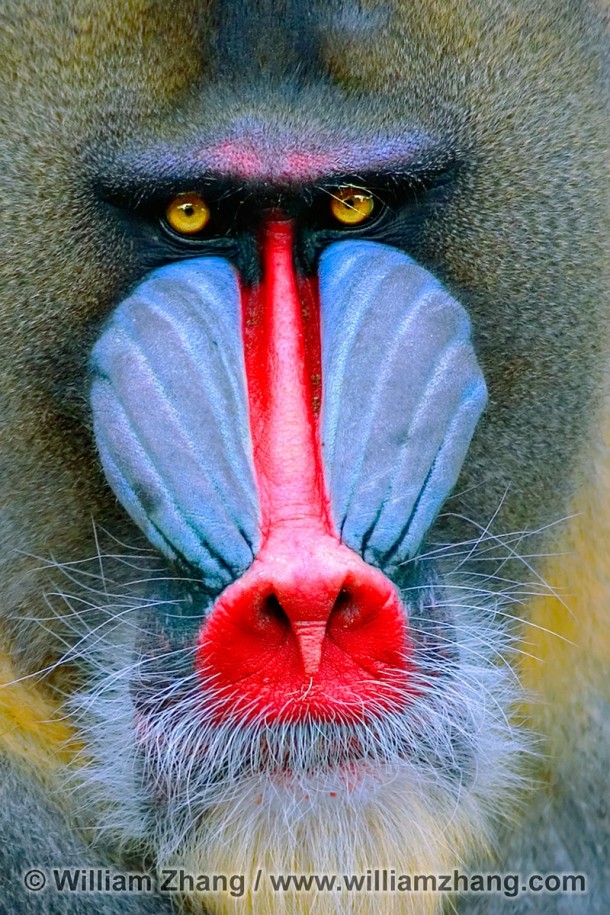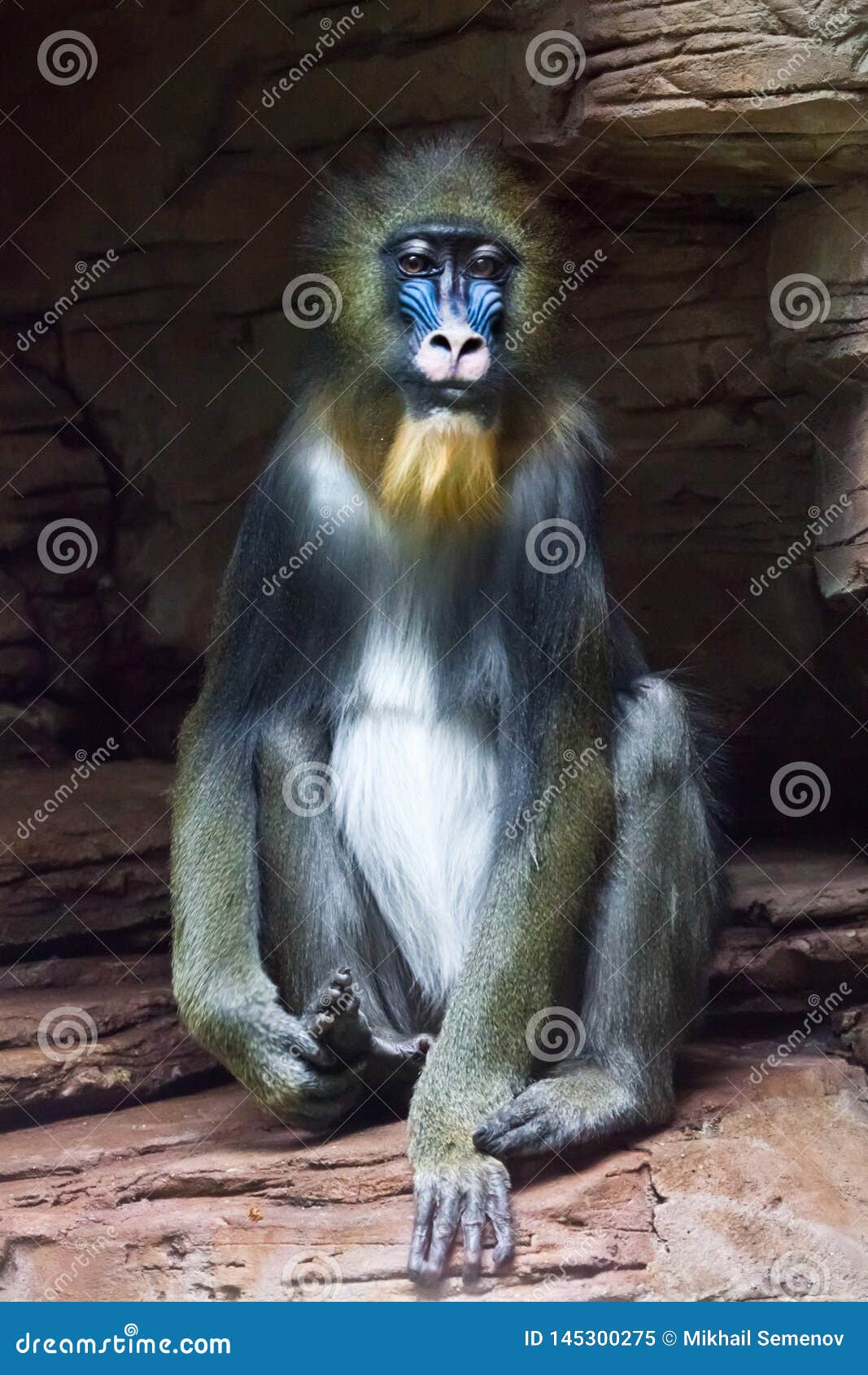Rafiki's Monkey Type: Unveiling The Lion King's Wise Shaman!
Ever pondered the true identity of that wise, baboon-like character from the Pride Lands? Rafiki, the enigmatic shaman from Disney's "The Lion King," has sparked considerable debate and fascination regarding his species. He is more than just a monkey; he is a symbol of wisdom, guidance, and the interconnectedness of life within the Pride Lands.
While often referred to as a baboon, a closer look reveals a more complex answer. The question, "What kind of monkey is Rafiki?" is one that has intrigued fans for decades. Rafiki's character is a blend of different primate characteristics, leading to ongoing discussions about his true species. He plays a pivotal role in the narrative, acting as the spiritual advisor and guide, most notably to Simba, the lion prince. His unique appearance and profound wisdom have cemented his place in cinematic history. Let's delve into the captivating world of this beloved character.
| Attribute | Details |
|---|---|
| Character Name | Rafiki |
| Film | The Lion King (1994) |
| Species (In-Universe) | Mandrill, often referred to as a baboon |
| Role | Royal Mjuzi (Shaman/Advisor) of the Pride Lands |
| Allies | Mufasa, Simba, Kiara, Makini, Bunga |
| Residence | Ancient Baobab Tree in the Pride Lands |
| Key Traits | Wisdom, Sagacity, Cryptic Communication, Spiritual Connection |
| Appearance | Gray fur, white chest, white mane, baboon-like features |
| Voice Actor | Robert Guillaume (Original Film), Khary Payton (The Lion Guard) |
| Swahili Phrase | "Asante sana" (Thank you) |
| Reference | Rafiki Disney Wiki |
Rafiki's primary identity is that of a mandrill, a primate known for its vibrant facial coloring, particularly in males. However, his character design incorporates elements that suggest a baboon-like appearance, causing some confusion and leading to his misidentification within the film itself. The blending of these traits is intentional, creating a character that is both familiar and uniquely distinct.
- What Car Does Barron Trump Drive Exploring The Mystery
- Doordash Super Bowl Code Hunt What You Need To Know
In many ways, Rafiki embodies the quintessential "wise old monkey" trope, drawing on cultural archetypes of shamans and spiritual guides. He resides within an ancient baobab tree, a symbol of age and wisdom, where he practices shamanistic activities and offers guidance to the rulers and inhabitants of the Pride Lands. His methods are often unconventional, involving cryptic metaphors and a playful sense of humor.
Rafikis role as the royal mjuzi, or shaman, positions him as a crucial figure in the social and spiritual hierarchy of the Pride Lands. He is not merely an advisor but also a presenter of heirs. Most notably, he presents Simba, the prince heir of Pride Rock, to the assembled animals of the Pride Lands. This act solidifies Simba's claim to the throne and underscores Rafiki's importance in maintaining the balance of power and tradition.
The ambiguity surrounding Rafiki's species is further complicated by the characters within the film who often refer to him as a baboon. This misidentification might be due to the simplified understanding of primate taxonomy within the story's context. However, his design incorporates features from both mandrills and baboons, making it difficult to categorize him strictly into one species. For example, while he possesses the distinct facial markings of a mandrill, his tail, though longer than a typical mandrill's, hints at baboon characteristics.
- Best Red River Paper For Photography Printing Shop Now
- Unveiling The Dan Band Members History More Insights
Interestingly, a mandrill typically has a very short tail, measuring only between 5 and 10 centimeters. Rafiki's tail is noticeably longer, contributing to the ongoing debate about his true species. This deliberate design choice could symbolize the blending of different wisdom traditions and the idea that understanding comes from multiple perspectives.
Beyond his physical appearance, Rafiki is deeply connected to the spiritual realm. He is depicted as having a connection to both the earthly world and the spirit world, allowing him to bridge the gap between the past, present, and future. This is exemplified in the scene where he leads Simba to a magical river where he can see the ghost of his father, Mufasa. This ability to tap into the spiritual realm further enhances his role as a guide and advisor.
Rafiki's role in "The Lion King" extends beyond mere characterization; he is a symbolic representation of spiritual wisdom and guidance. His cryptic metaphors and unconventional methods often challenge the characters to think beyond the surface and consider deeper truths. His seemingly random actions often have profound consequences, demonstrating the interconnectedness of all things within the Pride Lands.
In the film, we learn that Rafiki had a challenging past. As a young adult, he was cast out of his troop due to his mystical visions. This rejection led him on a journey in search of the fabled paradise Milele. During his quest, he encountered Mufasa, Taka (Scar), Sarabi, and Zazu, forging alliances and establishing connections that would shape the future of the Pride Lands.
Together, Rafiki and his newfound companions discovered Milele, a place of harmony and abundance. It was during this time that Rafiki realized the vision he had been experiencing of a brother was actually Mufasa. This revelation cemented his bond with Mufasa and further solidified his role as a guardian and advisor. However, their time in Milele was not without conflict, as they faced attacks that tested their unity and resolve.
One of Rafiki's most memorable contributions to "The Lion King" is his use of the Swahili phrase "Asante sana," meaning "thank you." This phrase, delivered with a rhythmic flair, serves as a reminder to be polite and appreciative. It encapsulates Rafiki's wisdom in a concise and memorable way, underscoring the importance of gratitude and respect.
The character of Rafiki has had a lasting impact on audiences worldwide. His wisdom, humor, and unique perspective have resonated with viewers of all ages. He is more than just a monkey; he is a symbol of hope, guidance, and the importance of staying true to oneself. Rafiki teaches us that even in the darkest of times, there is always light to be found, and that true wisdom comes from within.
Whether he is a mandrill, a baboon, or a hybrid of both, Rafiki's true identity lies in his actions and his unwavering commitment to the well-being of the Pride Lands. He is a testament to the power of wisdom, the importance of connection, and the enduring legacy of "The Lion King." His presence in the story is a constant reminder that even the smallest among us can have a profound impact on the world around us.
In conclusion, the question of "what kind of monkey is Rafiki" is not merely a matter of taxonomic classification. It is an invitation to explore the deeper themes of identity, wisdom, and the interconnectedness of life that are central to "The Lion King." Rafiki's character is a rich tapestry of primate traits, cultural archetypes, and spiritual symbolism, making him one of the most memorable and beloved characters in cinematic history. So, the next time you watch "The Lion King," remember that Rafiki is more than just a monkey; he is a symbol of hope, guidance, and the enduring power of wisdom.
- Discover Exploring The Battle Of The Alamo Images History
- Doordash Super Bowl Code Hunt What You Need To Know

The majestic Mandrill aka Rafiki Photorator

Mandrill Monkey Rafiki on a Dark Background and Rocks Stones Stock Image Image of mandrill

ArtStation Mandrill Monkey From Lion King, 57 OFF